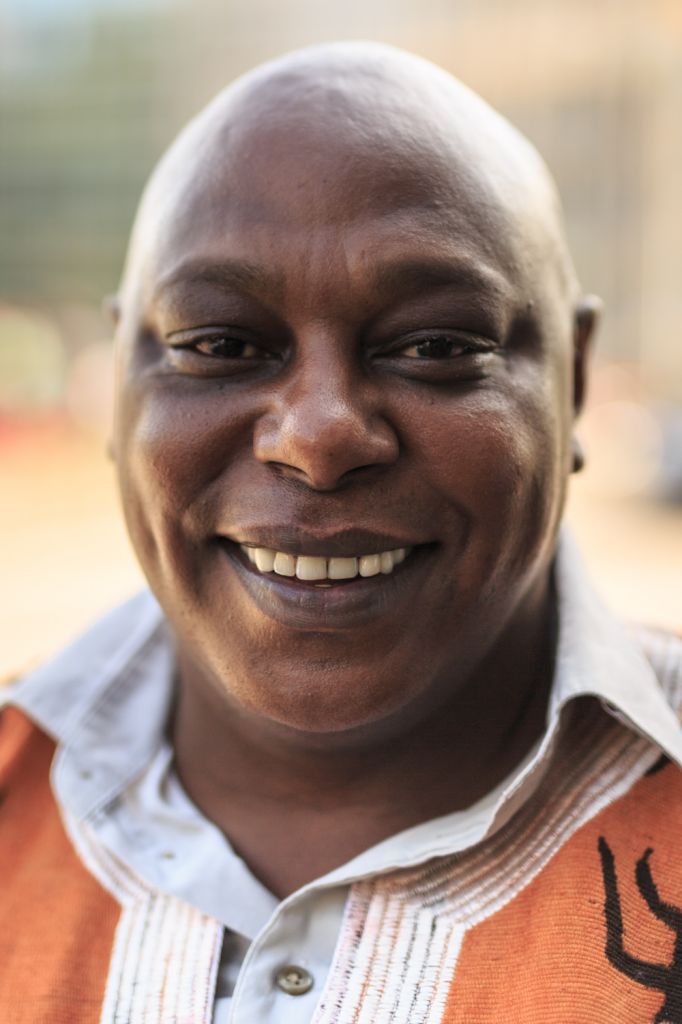Following Mr Kiai’s statement, an interactive dialogue with states and attending non-governmental organisations took place.
Watch or read the statement of Human Rights House Foundation below.
Check against delivery
Thank you, Mr Chairperson,
The Human Rights House Foundation warmly welcomes the work of the Special Rapporteur on the rights to freedom of peaceful assembly and of association, Maina Kiai.
Mr Special Rapporteur,
In the style of your promotions: “The world has 99 problems: restrictive and discriminatory NGO laws and crackdowns on peaceful protests are definitely two of them.” Your voice is needed more than ever to address these problems.
Through your mandate, you have brought attention to the ongoing wave of restrictive laws and repressive actions taken against NGOs and their leaders, and to the shrinking space for protests and critical voices in many countries. You have in a few years made United Nations special procedures better known, more accessible and respected by civil society around the world.
We keep in mind your visit in February 2012 to Georgia and welcome the seriousness with which the country has addressed your recommendations, both the authorities and civil society itself. This Council has heard the authorities of the time contest your findings, but the actors in the country have witnessed the implementation of many of your recommendations, especially in regard to the right to assemble peacefully. The tendency to demonise civil society actors however has in Georgia reached the very top of the political leadership, as 11 Human Rights Houses wrote in their joint letter to the Georgian government on 8 April 2015. The Georgian government should condemn any signs of smear campaign against human rights defenders and their NGOs.
Mr Special Rapporteur,
Since the establishment of your mandate, many States have indeed showed how deeply such a mandate is needed. These States seek to control civil society rather than ensure its ability to work independently.
The Russian Federation has in the past few years adopted legislation aimed solely at restricting the rights of people to associate and assemble, and these same bad practices have materialised in other countries.
Two examples speak for themselves: The “foreign agents” legislation is an instrument of stigmatisation and repression of civil society in the country; The “undesirable organisations” legislation is a tool to silence those who dare dissenting to the ruling authorities.
This has devastated civil society, and too many States have followed this path.
Other States have not gone so far as to adopt legislation against civil society per se, but political leaders attack the legitimacy of human rights organisations, the sincerity of peaceful protestors, and associate those who peacefully dissent to a threat to the State.
You have in your years as Special Rapporteur reported on the negative appreciation of civil society by too many State leaders in all parts of the world. We are worried by such developments in countries that were democratic models for Europe, such as Croatia and Poland, following the path of Hungary.
Mr Special Rapporteur,
As you are ending your mandate, we would appreciate feedback from you on ways by which civil society can favour the translation into policies of your recommendations. We would also like to hear positive examples of cooperation with States, in addition to the case of Georgia, which we mentioned.
Thank you Mr Chairperson.





